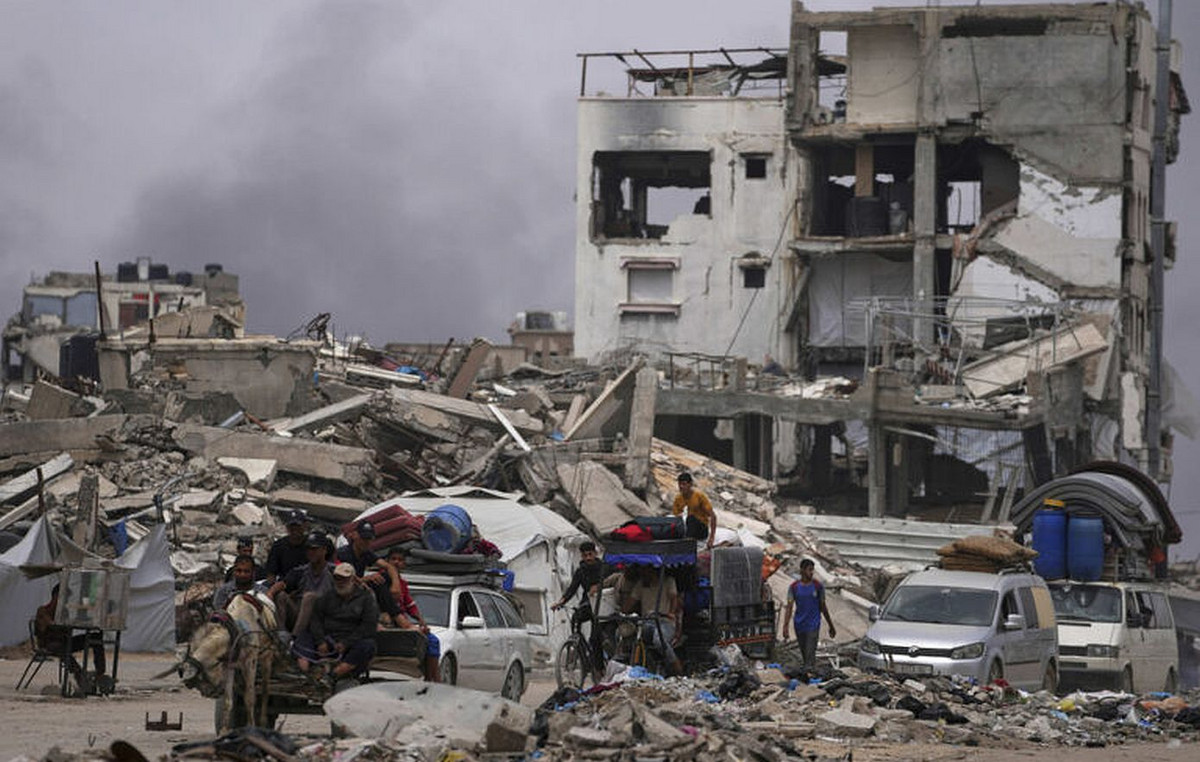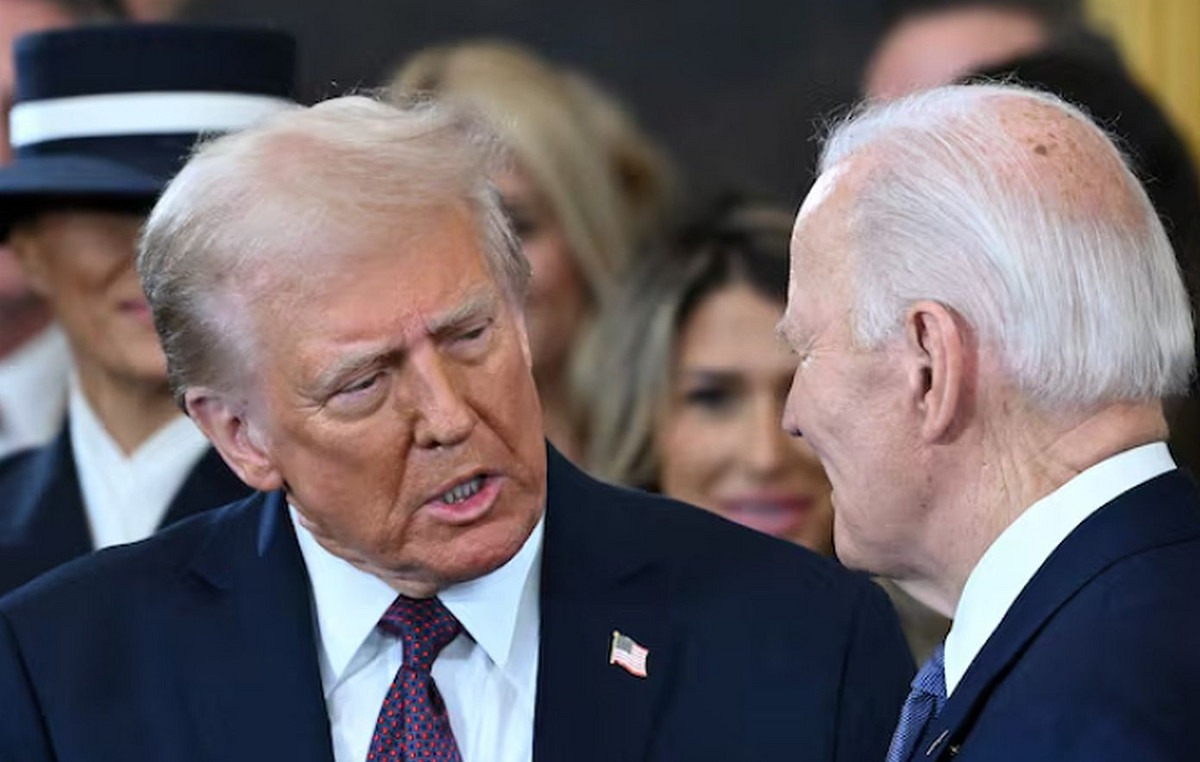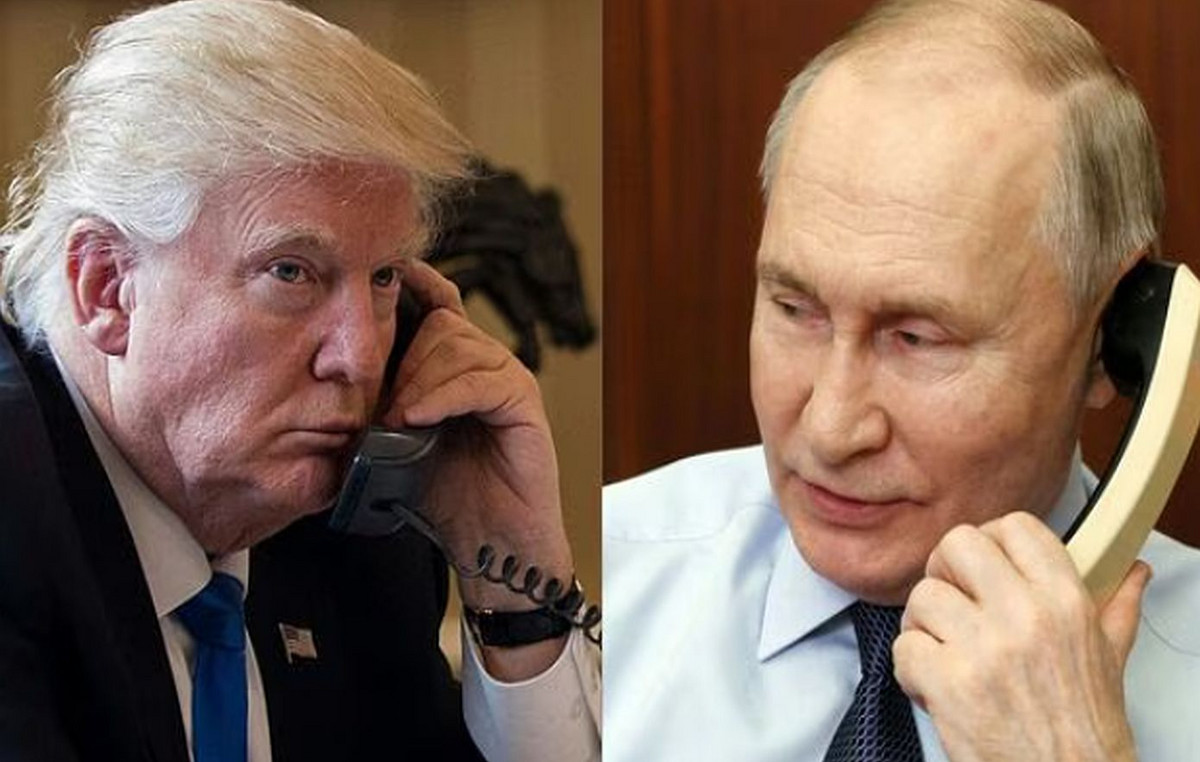The war in Ukraine has been mobilizing great debates among international leaders in the main summits around the world since the beginning of the conflict. Next week, the support or not to the Ukrainians must oppose the countries of the Community of Latin American and Caribbean States (Celac) to those of the European Union (EU) during a meeting in Brussels, Belgium.
Like the United States, EU countries have shown strong support for Ukraine, sending arms and resources, and also imposing economic sanctions on Russia. Simultaneously, the bloc and the Americans have been demanding that other countries in the world align themselves with them and with Kiev in opposition to the Kremlin.
On the other hand, however, Latin American countries, in general, have refused to openly declare support, mainly by sending resources and weapons, to the invaded country in Eastern Europe.
According to the political scientist and manager of the Democracy and Technology Program at the University of Oxford, Egerton Neto this is because alignment with Ukraine is seen as not very strategic for Latin American countries.
“The divergence between the two blocs is not new. Since the beginning of the war in Ukraine, both the European Union and the United States have been pushing the rest of the world’s countries to build a large bloc that would be unanimous against Russia, which ended up not happening. Many countries have chosen not to align because there is little gain for them in taking a stand, in economically blocking Russia, for example”, comments Egerton.
“In the last decade, in the last few years, Latin America has diversified its partnerships. The United States is no longer the largest trading partner. For most countries [da região], the biggest trading partner today is China — which results in a partnership with fewer restrictions and demands, from a political and democratic point of view. All this ends up giving Latin America more flexibility when choosing its strategies”, he adds.
After the war and the large amount of sanctions applied, western Europe realized that it is still very dependent on Russia for agricultural commodities and, mainly, gas. For this reason, it has been trying to regain its influence in certain territories and strengthen its relations with other countries in the world, including those that make up Celac.
The Mercosur-EU free trade agreement, currently under negotiation, is an example of the Europeans’ attempt to diversify their economic partners and clean energy sources with a focus on Latin America.
However, even if increasing relations with Europe is positive for these countries, it is not enough to be a reason to position themselves more strongly in the face of war.
Political scientist Egerton Neto considers that the EU’s need to diversify its economic partners and its energy matrix “is imperative”.
“That’s set. The European Union will need to diversify this, regardless of whether they [os novos parceiros] support Ukraine or not. She [a UE] it will need support in Latin America for a green energy transition, access to rare mineral deposits”, he explains.
Therefore, for him, “there is little to be gained in a conflict like this, which is seen as a European conflict. Similar conflicts are taking place elsewhere [do mundo]and do not mobilize as much political support”, adds the Oxford manager.
In addition to the strategic issue, there are also important political issues for some countries to not declare support for Kiev. With 33 member countries, CELAC is a very diverse group politically and economically, but among them there are some who openly align themselves with the Kremlin.
“They differ a lot, in their political positions. There are more democratic nations and others with higher institutionality. In this second subgroup are Nicaragua, Venezuela, El Salvador, Honduras, all with closer ties with Russia and who have no interest in aligning themselves with Russia. [à Ucrânia]. Some have even voted with Russia in the UN Security Council, for example, largely for political reasons, because they are not complete democracies, but flawed, and seek support in countries where this matters less”, concludes Egerton Neto.
United Nations (UN) human rights adviser Alexandre Leal points out that, given the political issue to take a position on the conflict, some Latin American countries fail to declare support for Ukraine because they consider the political aspect of the ruler, Volodymyr Zelensky, populist and ultra-rightist.
“Latin America, in general, is opposed to following the international narrative, which is very Machiavellian, which considers that there is good and bad in war. And supporting Zelensky, even considering the problem of territorial invasion by Russia, would be, for them, supporting an ultra-right populist system. They consider that openly supporting one of the sides would be having to choose between supporting an authoritarian government or another, one being on the right and the other a little more to the left, so they prefer not to do it”, ponders Leal.
For him, however, the strategic issue comes first: “Many countries in Latin America do not want to enter the war because they do not have bellicose power at that level. It’s too much sand for their truck”.
Brazil’s position on Ukraine at the Celac-EU Summit
Brazil is among the Latin American countries that do not want to declare open support for Ukraine in the event’s final document. President Luiz Inacio Lula da Silva has been criticized more than once by other leaders for not holding Russia responsible for the war and for equating the two countries in the conflict.
However, according to the Oxford Democracy Program manager, Lula’s position does not represent support for the Kremlin or Vladimir Putin.
“In general, positions like Brazil’s, for example, do not mean support for Russia in any way. In the case of Brazil, it [o presidente Lula] tries to fill an existing void between the two poles. Whether this is working or not is something we can debate further, but it cannot be read as support for Russia,” says Egerton.
Source: CNN Brasil
Bruce Belcher is a seasoned author with over 5 years of experience in world news. He writes for online news websites and provides in-depth analysis on the world stock market. Bruce is known for his insightful perspectives and commitment to keeping the public informed.







